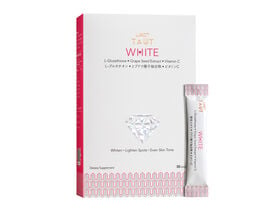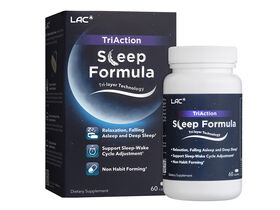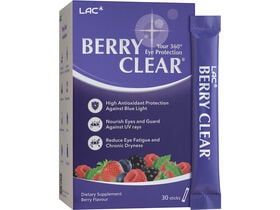Make No Bones About It

Do you know? Bones need more than just calcium to stay strong.
Think of our bones as a calcium bank where calcium is deposited. By age 30, we would have reached our Peak Bone Mass which means that our bones would have reached “their maximum storage for calcium”.
What this also means is that, post 30 years old; it is even more important for us to ensure that our body receives the daily calcium intake it needs to maintain bone health as well as the other vital functions. If our body does not receive sufficient calcium through our diet, our body will resort to withdrawing calcium from our bones.
Our body loses calcium daily through our skin, hair, nails, sweat, urine and feces. As our body cannot produce its own calcium, it is important to get enough from the food we eat. Apart from calcium, our bones also need Magnesium, Vitamin D, and Collagen which function as synergistic nutrients to aid and enhance calcium absorption.
BUILDING BLOCKS FOR HEALTHY BONES
Calcium
About 99% of the calcium in our bodies is in our bones and teeth. Calcium is not only essential as a supporting “building block” for strong bones and teeth, but is also required by our body for muscles contraction, blood clotting and to facilitate healthy heart functions.1
When we do not replenish the calcium that has been used by the body, the body will then “withdraw” calcium deposited in our bones to fulfil its calcium needs to support other body functions. When this occurs on a continuous basis, our bones will become weakened and increasingly brittle and porous; thereby increasing the risk of fractures. This is known as Osteoporosis also known as brittle bone disease – a condition that can affect mobility and quality of life. It is therefore important to consume sufficient calcium to maintain bone health, slow down bone density loss, and reduce the risk of osteoporosis.2
Getting enough calcium is important regardless of one’s age. The best way to reduce the risk of osteoporosis onset later in life is to build your calcium bank up till it peaks at the age of 30 and thereafter maintaining regular daily calcium intake to keep bone strong. The Ministry of Health recommends the following daily calcium intake:
|
Age Groups |
RDA for Calcium |
|
Infants (0 - 6 months, breast-fed) |
300mg |
|
Infants (0 - 6 months, formula-fed) |
400mg |
|
Infants (7 - less than 12 months) |
400mg |
|
Children (1 - 3 years) |
500mg |
|
Children (4 - 6 years) |
600mg |
|
Children (7 - 9 years) |
700mg |
|
Adolescents (10 - 18 years) |
1,000mg |
|
Adults (19 - 50 years) |
800mg |
|
Adults (51 years and above) |
1,000mg |
|
Breastfeeding / pregnant |
1,000mg |
Source: https://www.healthhub.sg/live-healthy/192/recommended_dietary_allowances
The richest food sources of calcium are dairy foods such as milk, yoghurt and cheese. Other sources include dark leafy vegetables (such as kale, spinach and ladies finger) as well as calcium-fortified products (such as soy milk, cereals and oats). With our hectic and modern lifestyle, we are unable to obtain adequate amount of calcium every day. This is why a superior calcium supplement such as LAC FullCal® can help to bridge the nutritional gap.
Magnesium
Magnesium plays an important role in maintaining healthy bones by working with vitamin D to enable body to absorb adequate amount of calcium, thus increasing bone density and preventing the onset of osteoporosis. Magnesium can be found in nuts, oatmeal, wholegrain bread, peanut butter and dark green vegetables. 3
The recommended daily intake of magnesium is 300 – 500 mg.3 Depending on individuals’ dietary preferences; it may not always be possible to attain our magnesium requirements from daily diet. When looking for bone health supplements, check if the formula includes magnesium which will go towards meeting your body’s magnesium needs.
A good bone health supplement should provide a 2:1 calcium-to-magnesium ratio. LAC FullCal® is formulated with the optimal 2 Calcium : 1 Magnesium ratio to help improve bone building and maintenance.
Vitamin D
In bone building, Vitamin D is an indispensable nutrient. It helps the body to absorb calcium from the food we eat. Studies show that calcium and vitamin D function together to build stronger bones in postmenopausal women. 4
Our body can make vitamin D with sufficient sun exposure. Try to get some sun between 10am and 3pm for 5 to 30 minutes at least twice a week. If you have light skin tone or tend to burn easily, limit your sun exposure to a maximum of 10 minutes per session.
Fatty fish such as salmon and tuna, cheese, egg yolks as well as breakfast cereals and soy milk fortified with vitamin D can also be a good source of vitamin D. If you are unable to get enough Vitamin D from food or hardly spend time outdoors, consider supplements like LAC FullCal® to ensure that you have optimal vitamin D levels in your body. The recommended daily intake of vitamin D is 100IU (2.5mcg). 5
Collagen
Our bones are made up of a significant amount of collagen, which gives the bones their structure and keeps them strong. Collagen deteriorates as we age, and so does our bone mass. Our bones weaken as we lose the collagen essential to keep them strong and supported, increasing our risk for osteoporosis. Studies have shown that taking collagen supplements may help prevent the deterioration of bone density and strength.6
Some sources of collagen include bird nest and pigs trotters. Alternatively, taking vitamin C supplements also contributes towards our body’s ability to produce and regenerate collagen. To ensure that our body absorbs collagen quickly and effectively, consider fish collagen peptides or look out for calcium supplements that include this essential nutrient.
References
1 National Osteoporosis Foundation. (2018, February 2). Calcium/Vitamin D Requirements, Recommended Food & Supplements. Retrieved October 17, 2019, from nof.org: https://www.nof.org/patients/treatment/calciumvitamin-d/
2 Kelly Andrews, D. (2017, March 3). Calcium Is Needed For Strong Bones. Retrieved October 17, 2019, from Spine-Health: https://www.spine-health.com/wellness/nutrition-diet-weight-loss/calcium-needed-strong-bones
3 Nall, R. (2019, August 5). Managing Osteoporosis: 9 Supplements and Vitamins You Should Consider. Retrieved October 17, 2019, from Healthline: https://www.healthline.com/health/managing-osteoporosis/supplements-and-vitamins-you-should-consider
4 WebMD. (2019, June 25). Vitamin D for Bones and Osteoporosis. Retrieved October 17, 2019, from WebMD: https://www.webmd.com/diet/supplement-guide-vitamin-d
5 Ministry of Health. (2019, February 28). Recommended Dietary Allowances. Retrieved October 17, 2019, from Health Hub: https://www.healthhub.sg/live-healthy/192/recommended_dietary_allowances
6 Bianna Elliott, R. (2018, April 6). Healthline. Retrieved October 17, 2019, from Top 6 Benefits of Taking Collagen Supplements: https://www.healthline.com/nutrition/collagen-benefits

_frontboxrightwithsachet_1638x1227.jpg?sw=160&sh=120&sm=fit)
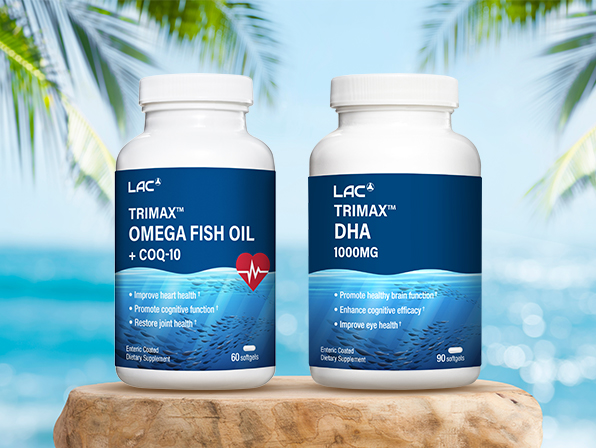

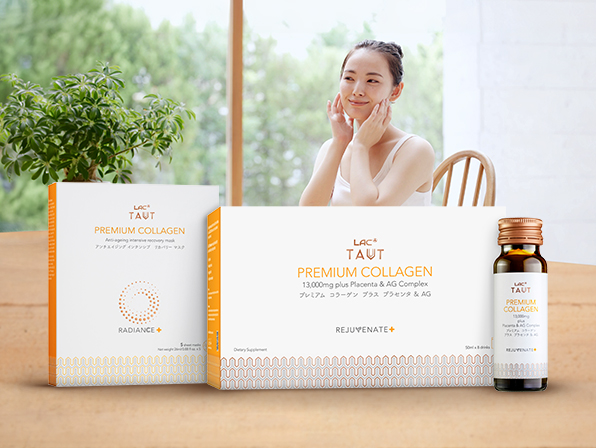
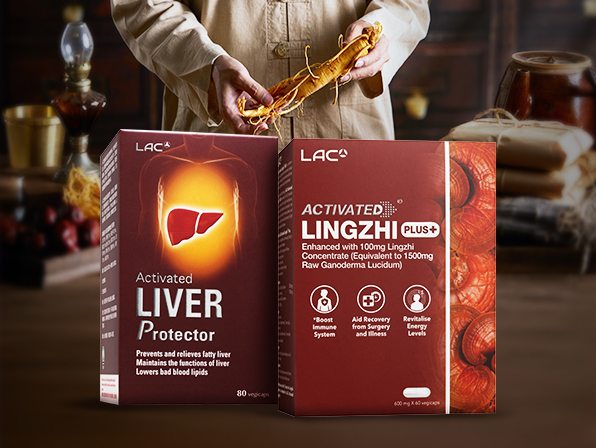
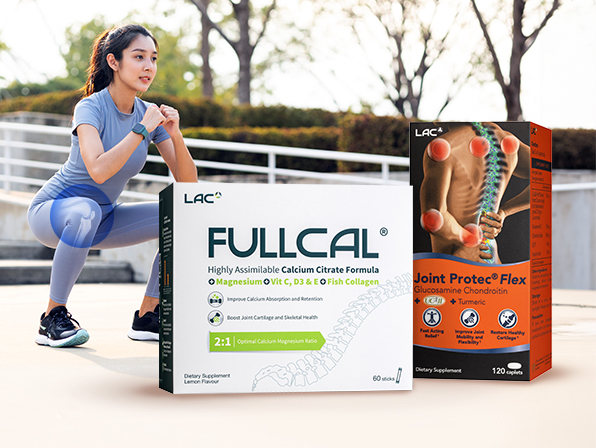
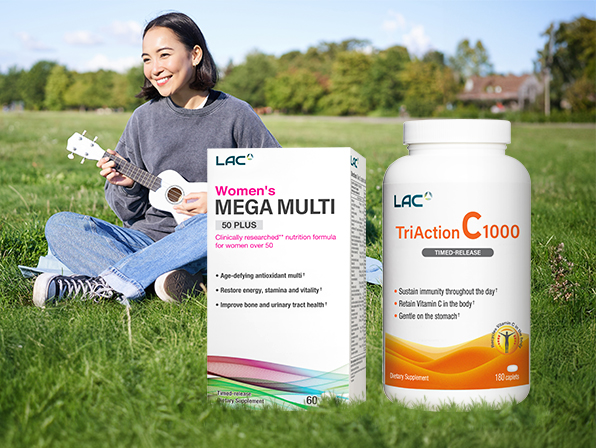
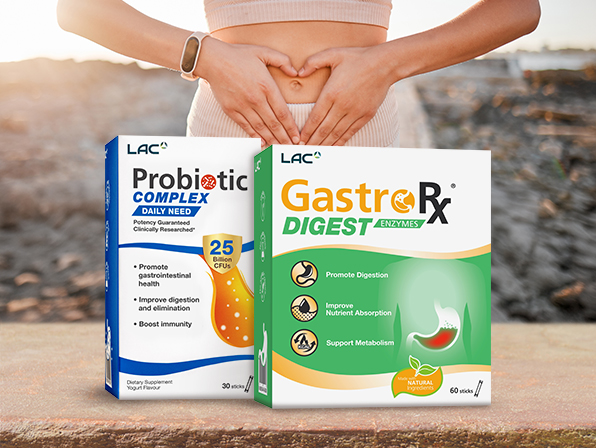
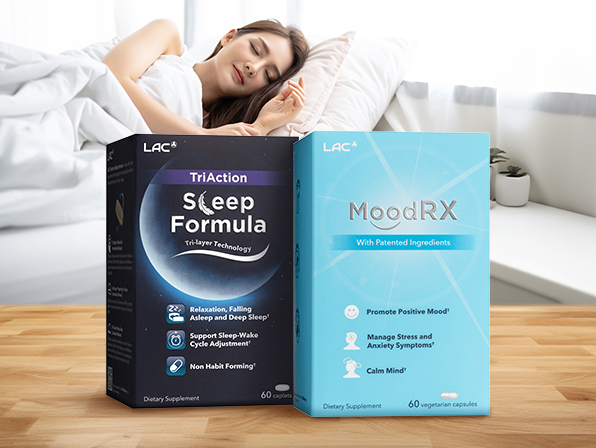
_frontleft_withsachet_1638x1227.jpg?sw=280&sh=210&sm=fit)
